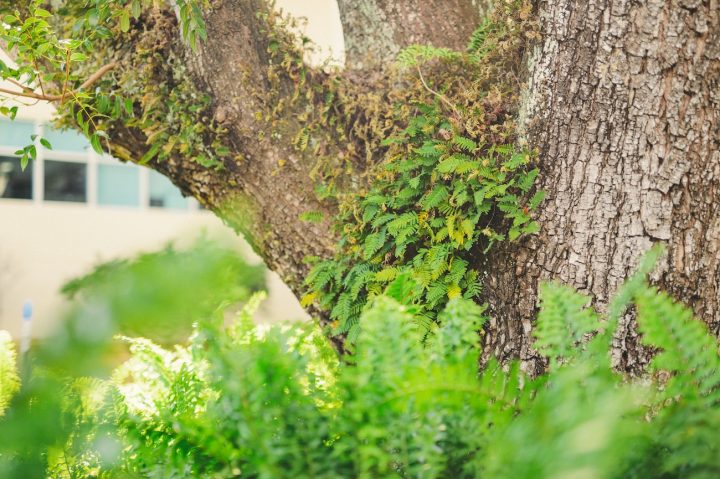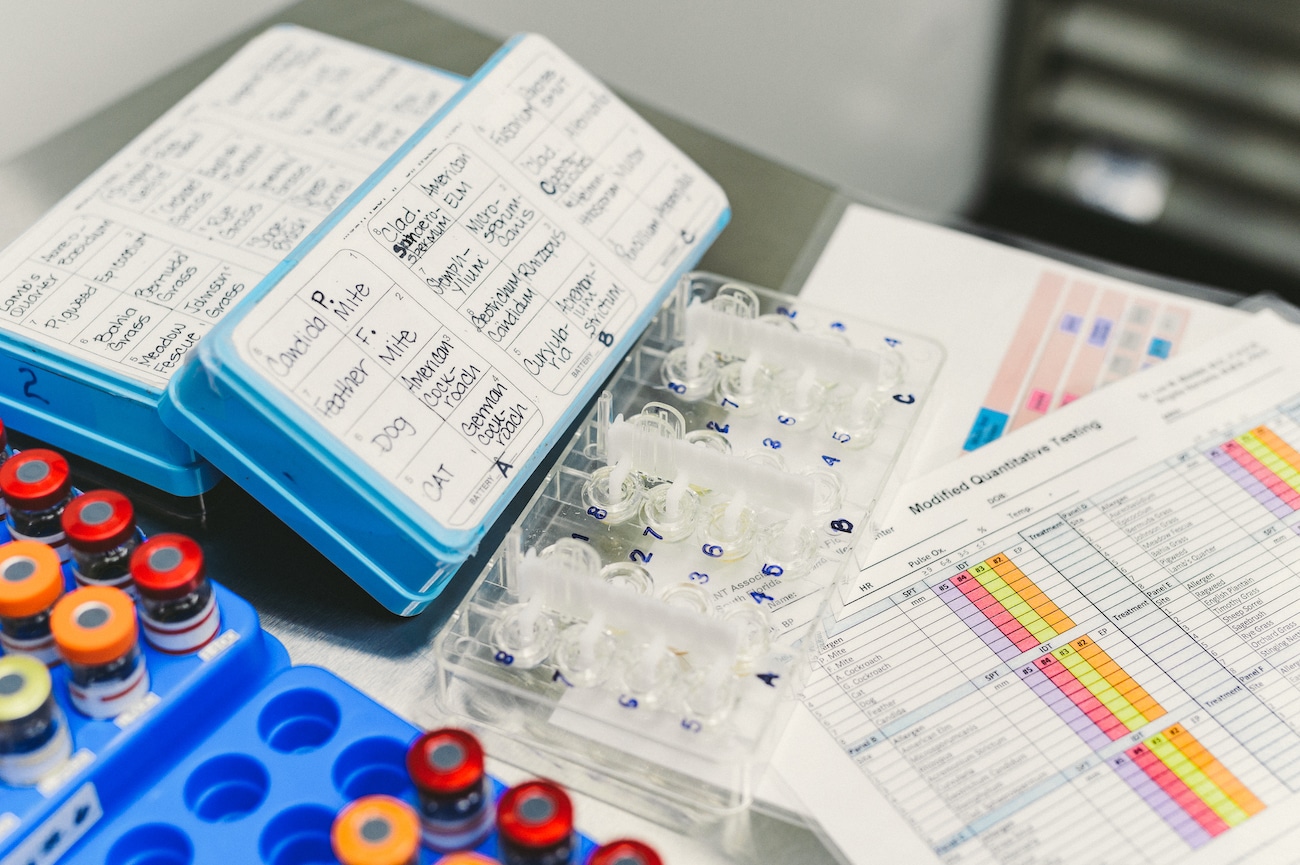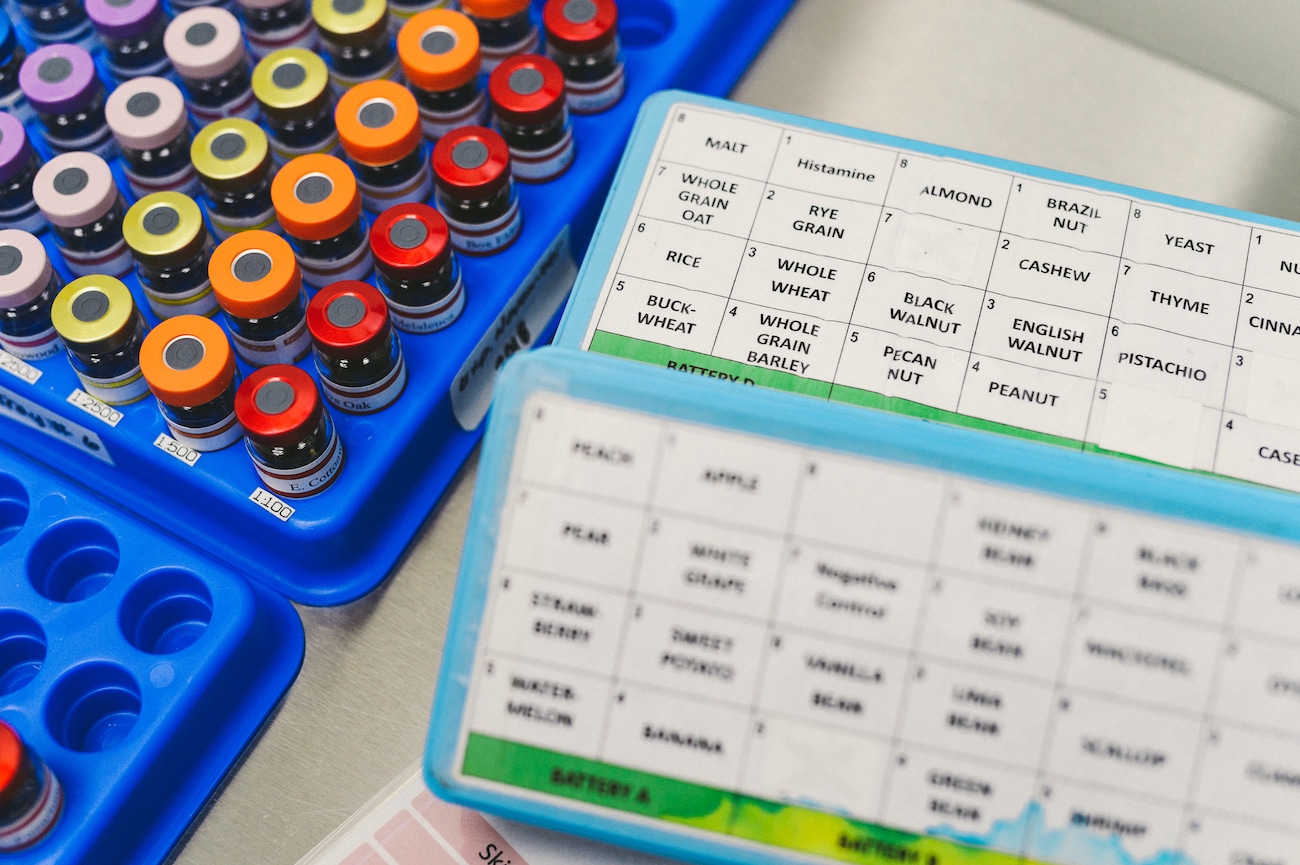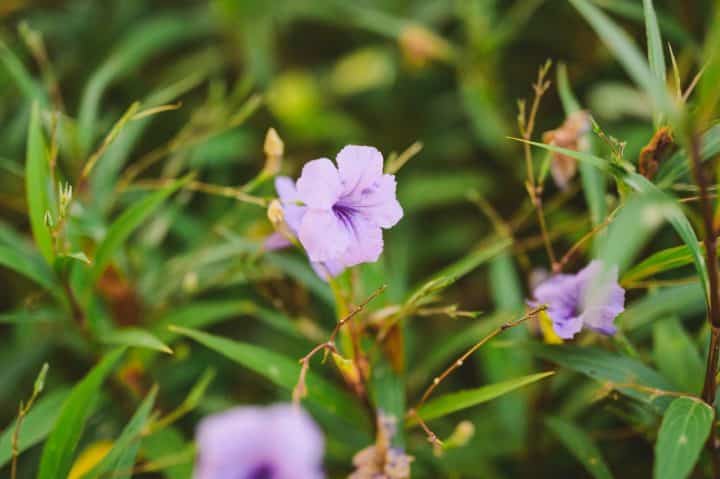[Estimated Read Time: 4 Minutes]
Those who suffer from allergies know that the symptoms can be debilitating, particularly when living in areas with climate conditions that exacerbate them. Approximately 50 million people in North America experience common allergies in some capacity, but South Florida is one such region with the perfect storm of conditions: humidity, warm breezes, and other factors that contribute to higher allergen content during certain times of the year.
The important thing about allergies is not to let them get you down. Understanding the types from which you suffer will go a long way toward treating — and even preventing — current and future flareups.
Common Allergy Symptoms
People who have already been diagnosed with allergies likely know when they are experiencing symptoms. Those who might be new to allergies or unaware that they have been impacted by them might need to know some of the most common symptoms, however. That list includes:
- Chest tightness
- Coughing
- Fatigue or lethargy
- Headaches
- Itchy or watery eyes
- Itchy skin or hives
- Nasal congestion
- Scratchy or sore throat
- Sinus congestion or pressure
- Sneezing
- Stuffy or runny nose
- Swelling of the face, especially the eyes
- Throat clearing
If you’re experiencing any of these, without also having a common cold or flu, you are likely suffering from allergies. The next important step is understanding the differences in types.
Types of Allergies Common in South Florida
If you live in South Florida, you know that the warmer weather and tropical breezes are absolutely beautiful. You probably didn’t know that they can also be responsible for exacerbating your allergy symptoms. Here’s a little more information about the most common allergies in our area:
Dust and Dander Allergies
If you’ve ever come home and immediately felt like your eyes were watering or itchy and your throat and chest felt congested, you’ve probably got an allergy to dust and dander. Dust builds up from debris from plants, soil, insect secretions, animal matter, fibers, and even sloughed off human skin cells. This layer creates a fine powder that causes an allergic response once it’s disturbed and becomes airborne. Dander comes from animals’ salvia, with a sticky protein as the culprit. It is typically associated with homes with pets, but can actually be picked up anywhere and deposited around your home while on shoes, clothing, hair, and other absorbent materials.
Flower Pollen Allergies
Most people just associate flower pollen with allergies, but it’s actually essential to spreading the world’s flower population. The fine powder is released and carried on winds to fertilize like-flower plants, creating an often beautiful landscape but wreaking havoc on those with pollen allergies. The human body often treats this pollen as it would a harmful chemical, creating the sneezing, stuffy nose, and water eyes many people associate with having an allergy attack.
Grass Pollen Allergies
Like flower pollen, grass pollen is a very fine powder given off to fertilize other grasses. It is carried by breezes, like those so prevalent in South Florida, and distributed for miles. This means even deep-city dwellers are at risk of being impacted by grass pollen allergies and should keep an eye on grass pollen indexes before spending too much time outdoors.
Mold Allergies
Like other allergies, mold allergies often present with congestion, dry or scaling skin, itching, a runny nose, or sneezing. Mold is especially prevalent in places that are humid or warm and damp, making South Florida’s climate a perfect place for them. Indoor mold spores can have an impact all year, while outdoor spores tend to be more popular during the summer and fall. Mold can cause immediate allergic reactions — like triggering hay fever or asthma responses — or have delayed onsets and build up to congestion or asthmatic issues, and can be exacerbated by exposure to damp or moldy areas like basements, wetlands, and other places filled with excessive moisture.
Seasonal Allergies
Often a combination of other allergy catalysts, the term “seasonal allergies” refers to the groups of allergens prevalent during the spring or fall seasons. Both timeframes often lead to hay fever-like symptoms — congestion, itchy or puffy eyes, and runny nose — from the ragweed, other weed pollens, and mold spores that become prevalent as temperatures and moisture levels shift.
Tree Pollen Allergies

Suffering from Allergies?
Florida Sinus & Snoring Specialists can help! Our dedicated team of professionals uses cutting-edge technology and techniques to provide comprehensive testing for sinus and nasal allergies.
We’re looking forward to speaking with you about how to help you manage your allergy symptoms. Give us a call to set up an appointment today.



